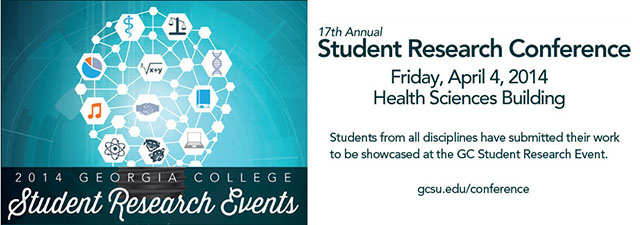
Event Title
Project Based Learning as a Means of Education Reform
Faculty Mentor
Stephanie McClure
Keywords
Stephanie McClure
Abstract
This study aims to understand and propose Project-Based Learning (PBL) as an alternative education reform method in urban areas and underperforming schools. Current education reform is analyzed along with Project-Based Learning practices and performances. Teacher perceptions of traditional lecture based education and PBL are taken into account along with observations of how four different afterschool programs located in Philadelphia, PA and Camden, New Jersey implement PBL into their curriculum. Student behavior and effectiveness is analyzed through previous research on how closely their school’s interpretation of PBL matches the general consensus of this pedagogy. One of the key challenges that surfaced in using teaching styles alternative to traditional lecture methods is that there is a need for new assessment methods to accommodate progress and student achievement during the process of the projects. Previous research used in this study shows that PBL implementation can save schools money while allowing students to learn beyond their standardized testing curriculum when teachers and staff are trained properly on how to integrate PBL into lesson plans and curriculum making it a prime candidate as a means to reform failing schools and districts.
Session Name:
Revolution, Representation, and Reform
Start Date
4-4-2014 1:15 PM
End Date
4-4-2014 2:15 PM
Location
HSB 211
This document is currently not available here.
Project Based Learning as a Means of Education Reform
HSB 211
This study aims to understand and propose Project-Based Learning (PBL) as an alternative education reform method in urban areas and underperforming schools. Current education reform is analyzed along with Project-Based Learning practices and performances. Teacher perceptions of traditional lecture based education and PBL are taken into account along with observations of how four different afterschool programs located in Philadelphia, PA and Camden, New Jersey implement PBL into their curriculum. Student behavior and effectiveness is analyzed through previous research on how closely their school’s interpretation of PBL matches the general consensus of this pedagogy. One of the key challenges that surfaced in using teaching styles alternative to traditional lecture methods is that there is a need for new assessment methods to accommodate progress and student achievement during the process of the projects. Previous research used in this study shows that PBL implementation can save schools money while allowing students to learn beyond their standardized testing curriculum when teachers and staff are trained properly on how to integrate PBL into lesson plans and curriculum making it a prime candidate as a means to reform failing schools and districts.

